Warning: Major story spoilers for Clair Obscur: Expedition 33 ahead. Make sure you’ve played through the story before reading this article.
Like so many others, I found myself lost in Clair Obscur: Expedition 33 after its release. Typically, I’m rather hit-or-miss on turn-based RPGs, but the characters and world really sucked me in from the word go. The feeling of helplessness that everyone in Lumiere feels in those opening moments really grabbed my attention. Gustave grappling with what he could possibly say to the love of his life as every second draws them closer to her death was a gut punch that absolutely took hold of me.
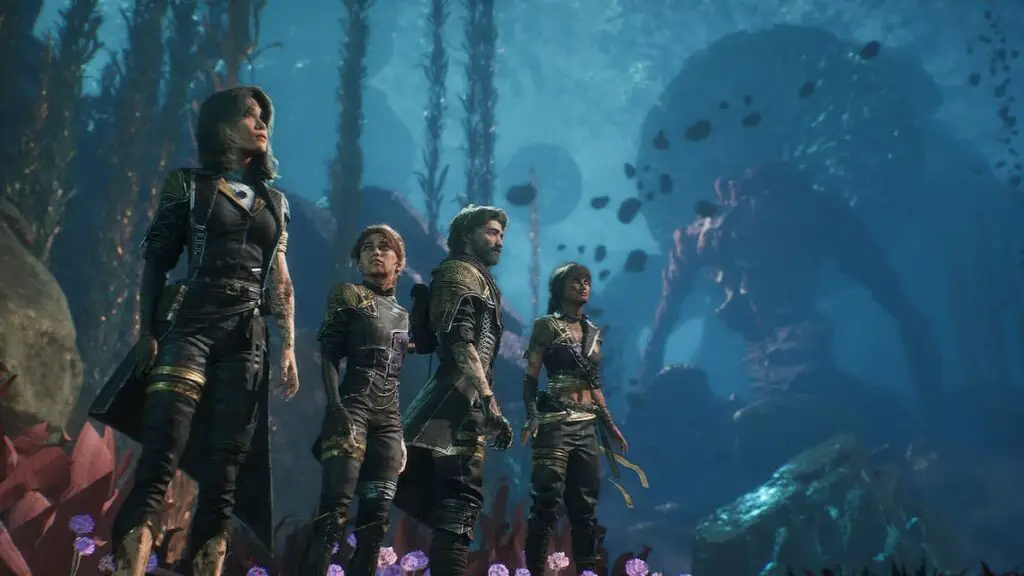
From there, seeing the instantaneous destruction laid upon Expedition 33 only heightened that feeling of helplessness. This game doesn’t pull its punches, even outright killing Gustave, who up until that point, is very much the main character in the closing moments of Act 1. As much as Clair Obscur: Expedition 33 is getting all of the praise it deserves, I feel from a story standpoint, it has one of the worst final acts of a game I so heartily enjoyed. While I will gladly give all the flowers it deserves, it’s also important to note when a game does something that shifts all of the focus into what I feel is a bad location.
At the end of Act 2, Expedition 33 has overcome the impossible trek to reach The Paintress at the top of her monolith. After bringing her down, they return triumphantly to Lumiere to celebrate their victory and the long lives ahead they have, only for everyone to instantly gommage. It’s at this point we find out that of all of our party members, only one is a real person who has been stuck in a painting world. This beautiful world and all of its people are merely part of a painting, and the big overarching story shifts the focus to the drama and grief of a family that from almost every angle is absolutely awful.
The world was never real, and neither are the people you started caring about
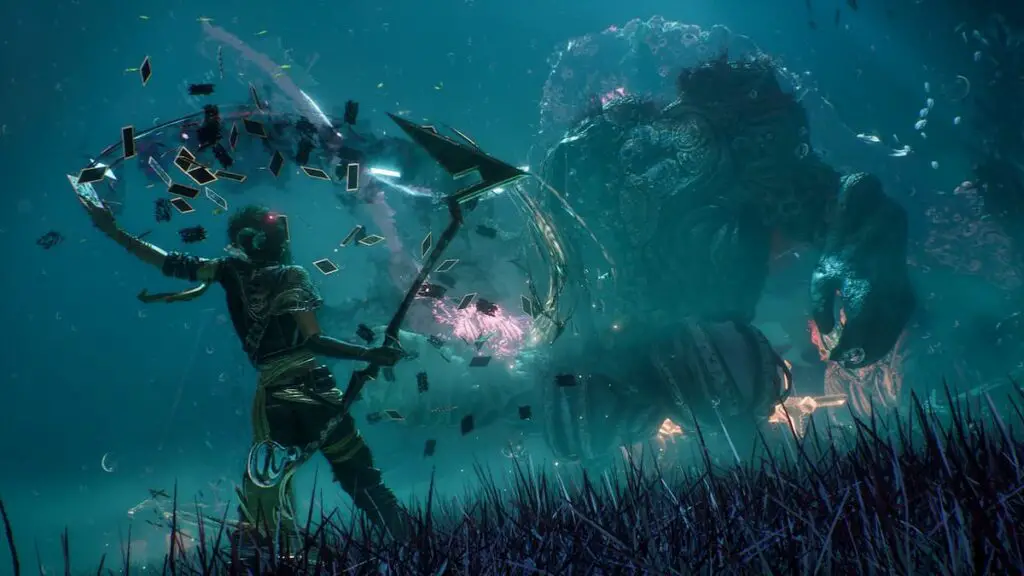
Right off of the bat, it’s not like Maelle being part of the Dessendre family was some kind of blind side. Almost immediately from her first instance in the wilds, the game spends an extended time on showing how she and Alicia look almost identical, and Renoir implies a connection. I was totally ready for some kind of explanation that Maelle was a long-lost sister or something along those lines.
All I can think of is the writers were looking for as much shock value as they could get when putting their storyboard together, but they had to do something that was unexpected. They hit big with Gustave’s death, but this twist just sat wrong with me. While finding out that the world you’ve been spending dozens of hours in is fake is a big surprise, it also works to invalidate everything that came before. Gustave’s death now has no meaning to me. He wasn’t real. In fact, if you choose Maelle’s ending of the game, she brings him and Sophie back to life just because she can do that. She is a god in this world, even if it is warping her mind. There’s every chance that we see a sequel in the future where Maelle is the big bad we have to take down. Every single journal of past expeditions helps build up the past struggles of this world, only for all of that to be moot now. All of the stakes you saw at play through the first two acts are completely meaningless in the grand scheme of this story.
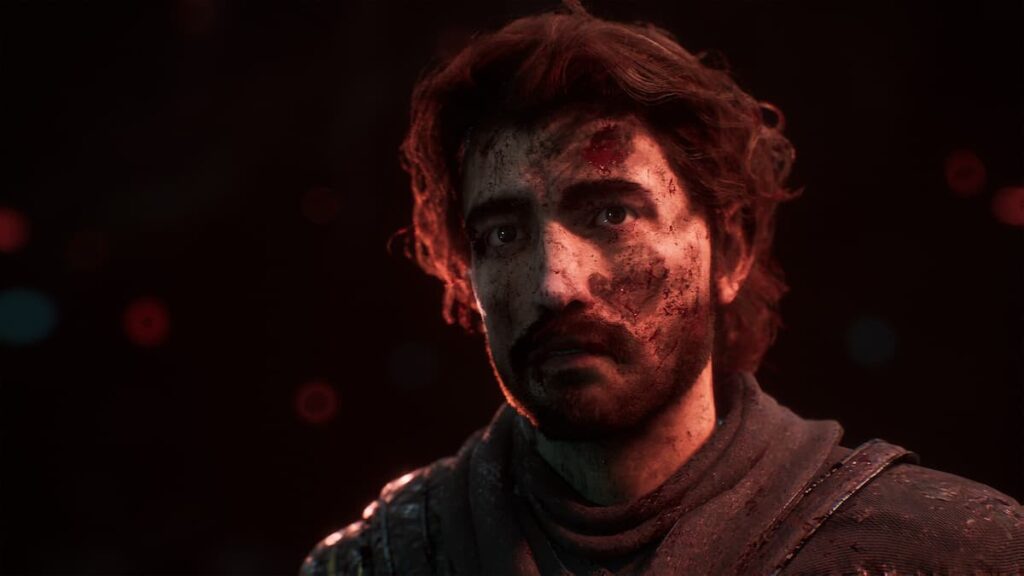
Usually, it is nice to find a personal story in video games. That’s one reason why I enjoyed the first two acts of Clair Obscur: Expedition 33 so much. You have Gustave, Lune, and Sciel who all very much want to give Lumiere a future. Monoco and Esquie give Verso some much needed depth in his introduction and their interactions are great for levity. Before you learn how they were specifically made for him, you can see their relationships are already strong. After Act 3 begins, that no longer means anything because the focus gets put wholly on Maelle and how her family is struggling. All of the other characters you care about essentially become this game’s version of The Sims. They are avatars that can act on their own, but their “existence” compiles to nothing more than a distraction or entertainment.
The award for most dysfunctional family goes to…
It’s not just that the world of Clair Obscur: Expedition 33 is fake that bugs me. I’m also quite irked that the entire focus of the game is roughly torn away from all of the party members to focusing on Maelle/Alicia and her family. Through the relationship side stories, I loved learning more about Lune and Sciel. One has the generational pressure from her parents throughout her life to continue their work. The other is afraid of swimming because after losing her husband, she tried swimming so long to lose her life, only for Esquie to save her and find out that she lost the baby she was unknowingly pregnant with. These are hard-hitting stories that I wanted more of, but they almost completely get thrown out to focus on family drama instead.
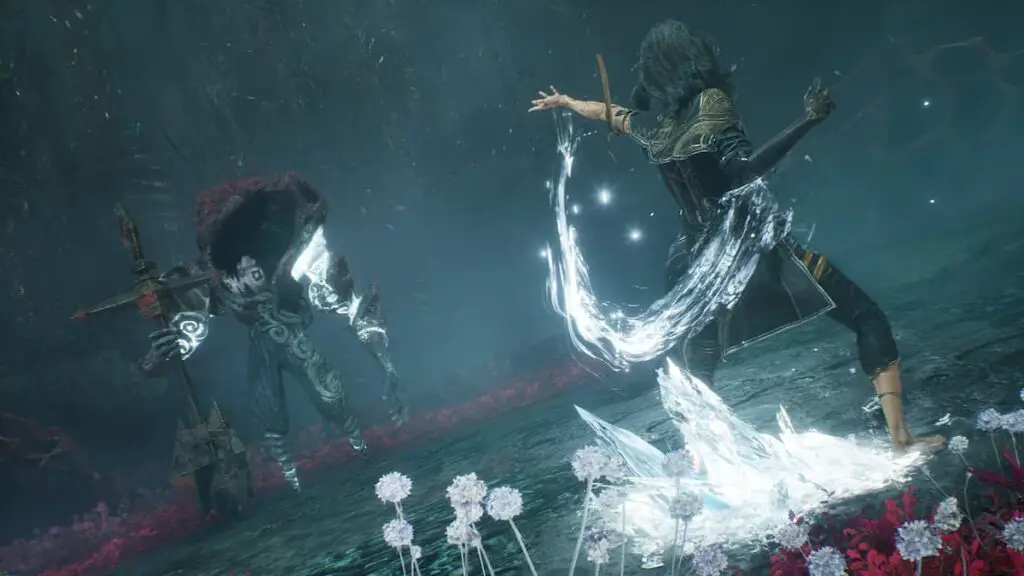
When everything becomes the Dessendre show, it’s all about the manor fire that took real-Verso’s life and how no one in this family can learn to grieve properly. When Act 3 starts, you essentially are given the choice right away if you want to finish the main story, or pursue side content. I did the latter, thinking that there would be something in there to help me feel better about the state of the story. While I enjoyed finding collectibles and doing boss fights, there was nothing substantial enough there besides the constant barrage of Maelle talking about her family being uptight.
Shifting personalities
The game is hedging all of its bets on the player deeply caring for Maelle and Verso, and while I absolutely love the voice acting performances of Jennifer English and Ben Starr, the more I saw the transformation of Maelle, the more I disliked her. The shift to Alicia is inconsistent. She’s willing to let painted Alicia die because she wants to but isn’t prepared to do the same for Verso. That can definitely be explained by him being the clone of her brother, but there’s never any learning from Maelle. She transitions from a character I was mildly interested in in the first two acts, to one that becomes quite unlikable towards the end.
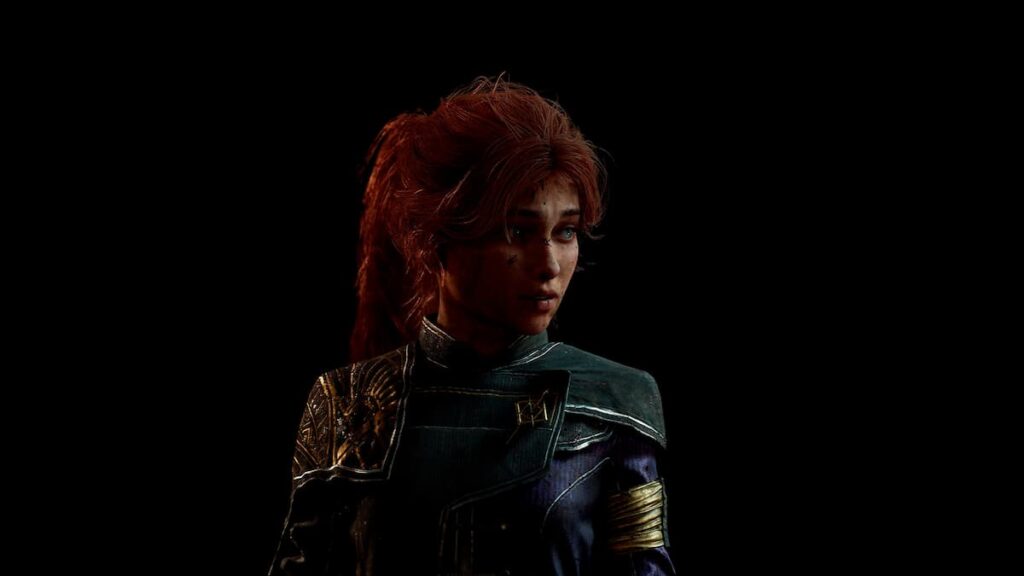
I think another problem with the Dessendres outside of Verso and Maelle is we’re never given a chance to learn more about them. All we know is Renoir is controlling, Aline is depressed, and Clea has some big part in some kind of battle with writers that will likely be addressed in future DLC or a sequel. They’re shallow characters that only have a standard characterization that they’re sad because Verso died. Putting such a big focus on them was something I just never could buy into.
At the end of the day, I still think Clair Obscur: Expedition 33 is a brilliant game. I loved making completely overpowered builds for my party and The first two acts of the game gave a story I was heavily invested in and cared about. The shift and twist away from everything the game was building up to just really brought me down a bit. The characters I enjoyed getting to know are more or less meaningless, and the sad family that is supposed to be the focus is not interesting in the slightest.






